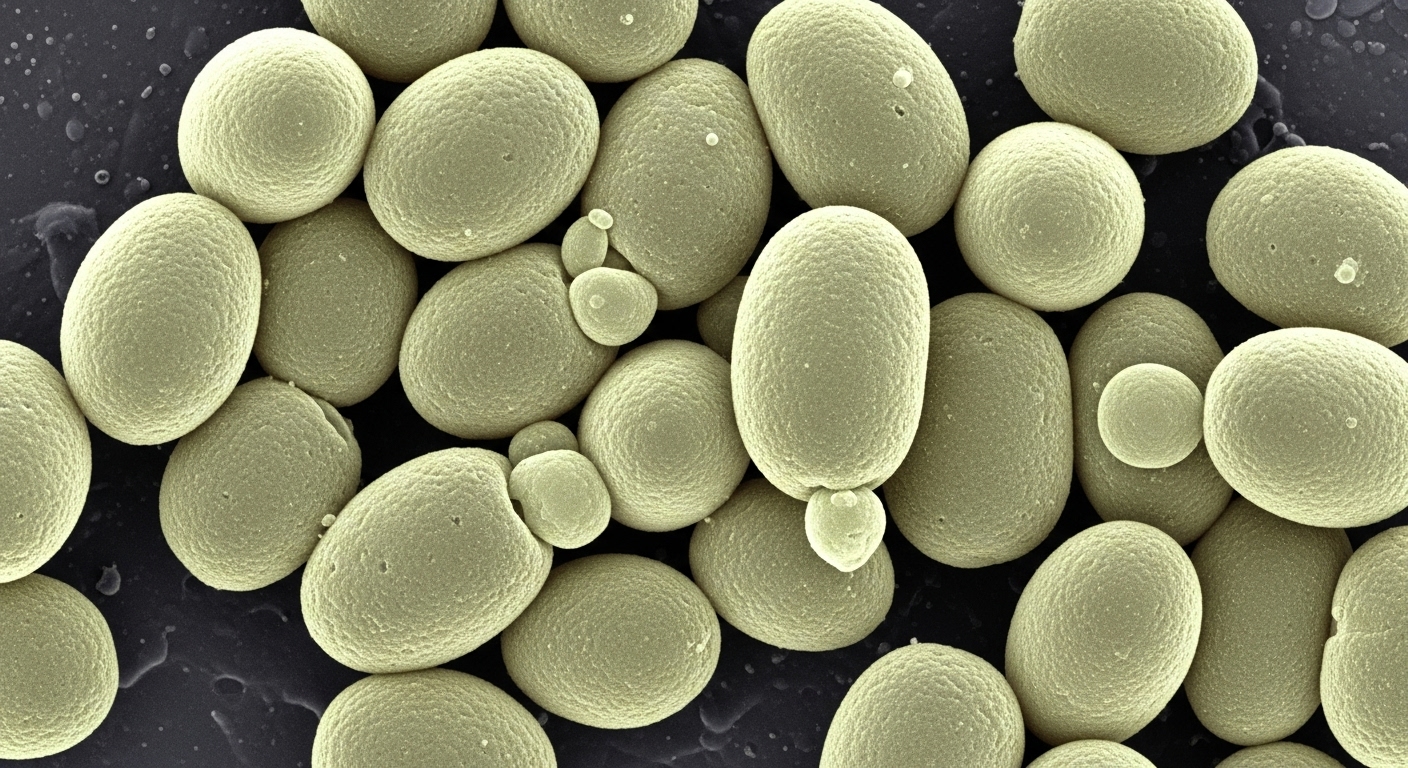Dr. Kumar’s Take
For patients who have already had C. difficile disease (CDD), recurrence is a serious risk and often harder to treat than the initial episode. This study shows that pairing S. boulardii with standard antibiotics cuts that recurrence risk substantially.
Key Takeaways
- Adults with active C. difficile disease were randomized to standard antibiotic therapy plus S. boulardii (1 g/day) or placebo for 4 weeks.
- They were followed for another 4 weeks after treatment to monitor recurrence.
- Overall recurrence rate of CDD was lower with S. boulardii plus antibiotics versus antibiotics + placebo: 26.3% vs 44.8%.
- In the subset with previous CDD episodes, recurrence was 34.6% with S. boulardii vs 64.7% with placebo.
- No significant benefit was detected in patients with first episode of CDD.
- The therapy was well tolerated with no serious adverse events linked to the probiotic.
Actionable Tip
In patients with recurrent C. difficile disease, when prescribing vancomycin or metronidazole, consider adding S. boulardii at 1 g daily for a 4‑week course, and monitor for another 4 weeks afterward to watch for recurrence.
Study Summary
McFarland and colleagues conducted a double‑blind, randomized, placebo‑controlled trial in which adult patients with active C. difficile disease (CDD) were treated with standard antibiotic therapy plus either S. boulardii or placebo. The main goal was reduction in recurrence of CDD during treatment and the 4 weeks following therapy.
Study Design
- Population: 124 adult patients with active CDD, including initial and recurrent disease episodes
- Interventions:
- Standard oral antibiotic therapy (vancomycin or metronidazole) plus S. boulardii 1 g/day (divided doses) for 4 weeks
- Standard antibiotics plus placebo for 4 weeks
- Follow‑up: Additional 4 weeks post therapy (weeks 5‑8) to assess recurrence
- Primary outcome: Recurrence of C. difficile disease
Results
- Overall recurrence in combined therapy vs placebo:
‒ ~26.3% with S. boulardii + antibiotics
‒ ~44.8% with antibiotics + placebo - Recurrence in patients with prior C. difficile episodes:
‒ ~34.6% in S. boulardii group
‒ ~64.7% in placebo group - Patients with initial CDD: No statistically significant difference between the two groups.
- Safety: No serious adverse events tied to use of S. boulardii
Biological Rationale
- C. difficile recurrence is often driven by persistent spores, disrupted microbiota, and toxin production after antibiotics.
- S. boulardii may help by binding or neutralizing toxins, inhibiting spore germination, and supporting restoration of beneficial flora.
- Its yeast nature allows it to survive alongside antibiotics when many bacteria are suppressed.
Strengths & Limits
Strengths:
- Well‑designed RCT with placebo control, allowing causal inference.
- Included a meaningful number of patients with recurrent disease, who are the ones most at risk.
- Follow‑up period beyond treatment to assess relapse.
Limitations:
- Older study (1994) with standards of diagnosis and microbiology less advanced than today.
- The sample of “initial episode” patients was underpowered—no significant effects found there, but that may be due to small numbers.
- Only two antibiotics tested (vancomycin, metronidazole); may not fully apply to newer treatments.
Related Studies and Research
- Saccharomyces boulardii in the prevention of antibiotic-associated diarrhoea: meta‑analysis
- Saccharomyces boulardii in the prevention of antibiotic-associated diarrhoea in children: RCT
- SB + Amoxicillin‑Clavulanate Effects on Gut Microbiota (RCT)
- High‑Dose Vancomycin + SB for Recurrent C. difficile
- 🎙️ Saccharomyces boulardii Explained – Podcast Episode
FAQ
Why no benefit for the first episode of C. difficile?
The study found no statistically significant reduction in recurrence for patients with their initial CDD episode. That may be due to smaller sample size for that subgroup or lower baseline risk.
Is 1 g/day too high for some patients?
This dosage was well tolerated in the trial. But consider patient factors: severity, immune status, potential risks (immunocompromise) before using higher dosages.
Does the type of antibiotic (vancomycin vs metronidazole) matter for the benefit?
In this study, the benefit did not significantly differ by antibiotic type.
Bottom Line
For patients with recurring C. difficile disease, adding S. boulardii (1 g/day) to standard antibiotic therapy significantly lowers recurrence risk over an 8‑week span (4 weeks on, 4 weeks follow‑up). This is one of the strongest clinical supports for using S. boulardii as an adjunct in recurrent cases.


